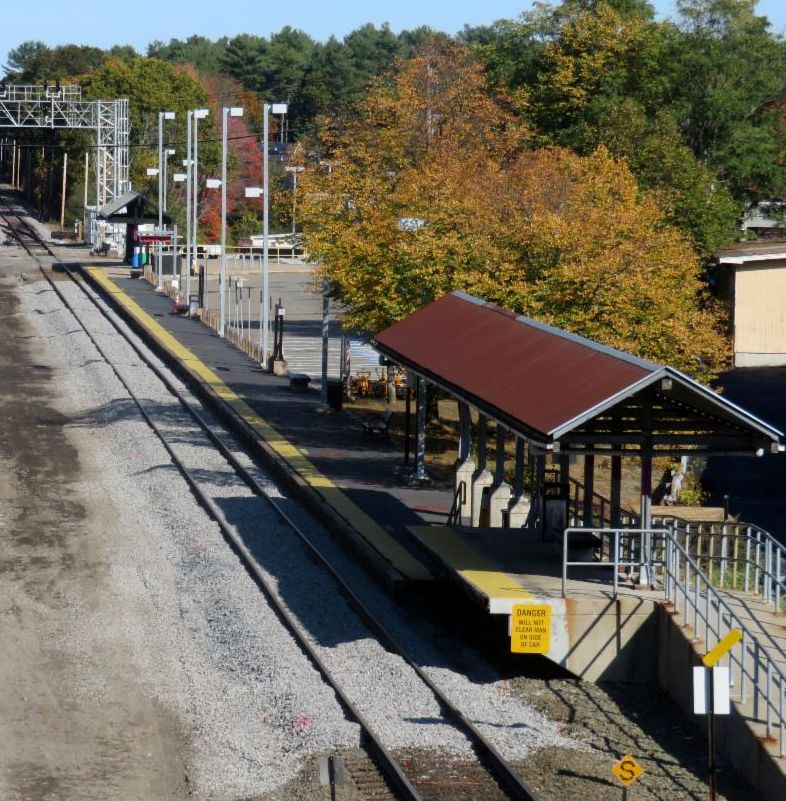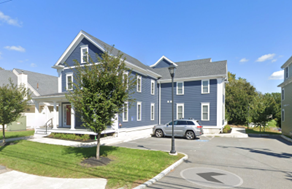Guest post by Chris Potts, shared from her Medfield Insider –
Click here to see the better formatted version that Chris did, which does not look as good here
 Special Edition – March 26, 2024IMPORTANT UPCOMING PUBLIC HEARINGS  There’s a lot to digest with the MBTA Communities Zoning article coming up for a vote at this year’s Town Meeting on Monday, May 6 at 7 p.m. in the Medfield High School gym. Here are two chances to learn more, ask questions, and become better informed far in advance of the meeting: Public hearings via Zoom 1. Thursday, March 28 (6:30 p.m. bylaw review, 7:30 p.m. public hearing) 2. Monday, April 1 (7:30 p.m.) (Do you plan to attend? Would an in-person information session before Town Meeting be helpful? Your feedback here will be relayed to town officials.Questions can also be directed to Maria De La Fuente, Director of Land Use and Planning; phone 508-906-3027). Three quick takeaways MBTA Communities Act only requires special zoning to be created — there is no town mandate to build housing. Towns retain a certain amount of control over what gets built and where under MBTA Communities Zoning, and no land is taken against an owner’s will because of the law. Towns become ineligible for state funds due to failure to enact MBTA Communities Zoning by their deadline (Dec. 31, 2024 for Medfield). Much is at stake with MSH As noted by Abby Goldenfarb, VP at Trinity Financial, the firm charged with redeveloping the former Medfield State Hospital (MSH) site, “It is imperative that the Town prioritizes compliance with the state housing law requirements imposed by the MBTA Communities Act.” In a recent letter to the Select Board, Goldenfarb explained that if a successful town meeting vote is not achieved — as mandated by law — the town will no longer be eligible for the millions of dollars of state grants on which Trinity depends for creation of MSH infrastructure and other redevelopment needs. Town officials have acknowledged that the new law has created unique challenges for Medfield – a town that has been diligently increasing affordable housing, and created the MSH redevelopment master plan to help achieve its objectives. It has taken more than 10 years for the MSH vision to come to fruition. “We realize there has been some frustration with the mandate, but the upcoming vote is not the time for any of us to be tilting windmills. For Medfield especially, so much of our state hospital progress is on the line if we do not comply with the new law,” said Select Board member Gus Murby at a recent forum. “Thanks to the work of the Planning Board, we have a solid path forward that will allow us to adhere to the mandate, while still respecting the character of our town.”  A short explanation The word “zoning” can often make eyes glaze over, but it simply means establishing a set of rules for how land is used, regulating the structures that go on it, and guiding development decisions. Massachusetts cities and towns have been given the authority to adopt their own ordinances and bylaws. However, in the case of MBTA Communities Zoning, the state is mandating that Medfield and many other Commonwealth communities enact specific multi-family housing zoning by right based on proximity to MBTA transit services. Medfield has been deemed an “adjacent town” because of its proximity to the Walpole and Norfolk MBTA Commuter Rail. No mandate to build As stressed by town officials, the MBTA Zoning law in no way requires that multi-family housing must be built – only that the town rules and regulations (via zoning bylaws) must permit the development plans. However, unlike the 40B law, the MBTA Communities Act gives towns and cities more flexibility to establish certain parameters and exclusions, which could involve protection of wetlands, historic structures and conservation land.  Arriving at a proposal Based on Medfield’s “Adjacent Community” status, the state is requiring the town to create zoning that would allow for a total of 50 acres providing a minimum capacity of 750 multi-family units (once again, this refers to zoning only — there is no actual requirement for the units to be built). The total unit quota can be reached a variety of ways. For example, no town or city is expected to create one site that can house all of the required units – the state allows multiple districts to be created, as long as certain requirements are met for density, size and contiguity. After the Medfield Planning Board analyzed all of the variables, allowances, and restrictions underlying the law and took into consideration public feedback, it settled on three town areas (“districts”) to propose for MBTA Zoning compliance at Town Meeting: The PARC Medfield Gardens (with Olde Village Square) Core downtown With substantial amounts of multi-family housing already located in the districts identified for rezoning, town planners have been able to minimize potential negative impacts of new construction that may be pursued down the road as a result of the MBTA Communities law. (Pictured: 71 North St., a relatively new multi-housing development with eight units in the core downtown district.) The path forward Developing the MBTA Zoning proposal for the town has taken substantial time and effort, and has benefited from the guidance of independent consultants. Multiple officials have recently stated they believe the Town Meeting proposal is the best possible path forward for Medfield to adhere to the mandate. “We encourage Medfield community members to attend an upcoming hearing and review as much information as possible beforehand, so that questions and concerns can be addressed far in advance of Town Meeting,” said Town Administrator Kristine Treirweiler. Frequently Asked QuestionsTown Website |
| Medfield Insider | 7 Curve St., Medfield, MA 02052Unsubscribe christine.mccue@verizon.netUpdate Profile | Constant Contact Data NoticeSent by editor@medfieldinsider.ccsend.com powered byTry email marketing for free today! |
